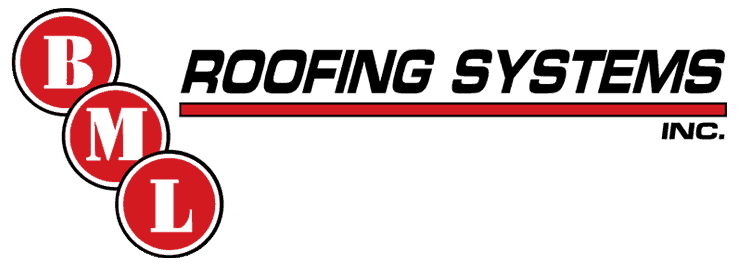Common Tasks of Any Flat Roof Inspection
Does your business have a flat roof? If so, you know how important it is to keep it maintained and repaired. Not only are you protecting your company’s building, but you are also giving a positive impression to any customers or business partners that you take care of your workplace.
Whether you’ve seen leaks in the rainy season or just haven’t had a checkup in a while, it’s always worthwhile to contact the flat roof inspection company for a look-over. This is what you can expect on a typical inspection checklist.
Determine the Roofing Material
Commercial flat roofs come in many different varieties, each with its own strengths and drawbacks. Roof material impacts how an inspection proceeds and how often you may need to call for repairs.
- Traditional roofs usually contain tar or gravel , which can last a few decades if treated correctly. There’s also asphalt, which can last longer even with low maintenance but is susceptible to cracking under heat.
- Metal roofs may be expensive, but their durability and ease of repair are unmatched. Expect to use one for up to 50 years, and don’t expect to get any leaks in that time either.
- Synthetic roofs contain membranes of various materials like EPDM, TPO, and PVC. Get in touch with your flat roof inspection company if you need more details on the layout of your roof.
Once the contractor determines your roof’s type, the next step is going through the inspection checklist.
Consider the Age of the Roof
While commercial roofs typically last longer than residential ones, your inspector will likely take note of how long you have used your roof. Older constructions expectedly come with higher risk factors for problems, and age is one of the most significant factors when calculating your repair costs.
Find Leaks
Leaks are the most common roof problem , especially for commercial flat roofs where standing water can quickly accumulate. Rainwater can put pressure on the roof material, potentially causing leaks or making metal rust .
Look for Damaged Sealant
Flat roofs come with waterproofing seals and other cements to protect the building from water or heavy winds. A roof inspector will always double-check for any cracking or dried sealant around roof components.
Find Surface Damages
Inclement weather, foot traffic, the weight of an HVAC unit, or even just fluctuations in temperature may cause blisters or holes over time. It’s essential to clean the flat roof now and again for debris and dirt.
Detect Blockages
Falling leaves and other rooftop debris often clog drains, resulting in standing water. A flat roof inspection will also search for ventilation blockages . Uneven roof temperatures can cause cracking in most roof materials, and HVAC units may receive significant damage from blocking.
Look for Organic Matter
Mold and fungi are unfortunately not uncommon problems for commercial flat roofs. They can cause serious health-related issues for your staff and clients, especially in moist areas. The building’s structural foundation may become compromised as well since wood and steel often rot in these conditions.
Flat Roof Inspection | BML Roofing | Brant, Brantford, Norfolk County
Does your company need the expertise of a professional flat roof inspection service? Don’t settle for anything less than BML Roofing in the Brant or Norfolk County. We’ve proudly served municipalities and organizations throughout Toronto and the GTA ever since 1972, so give us a call for a much-needed roof inspection.
- Commercial flat roofs will slowly degrade over time because of inclement weather, organic growth, or just general use.
- Getting in touch with a flat roof inspection company every few months is a worthwhile investment for avoiding costly repairs in the future.
- BML Roofing is your best choice for roof inspections, repairs, and replacements in the Toronto area or the GTA.

